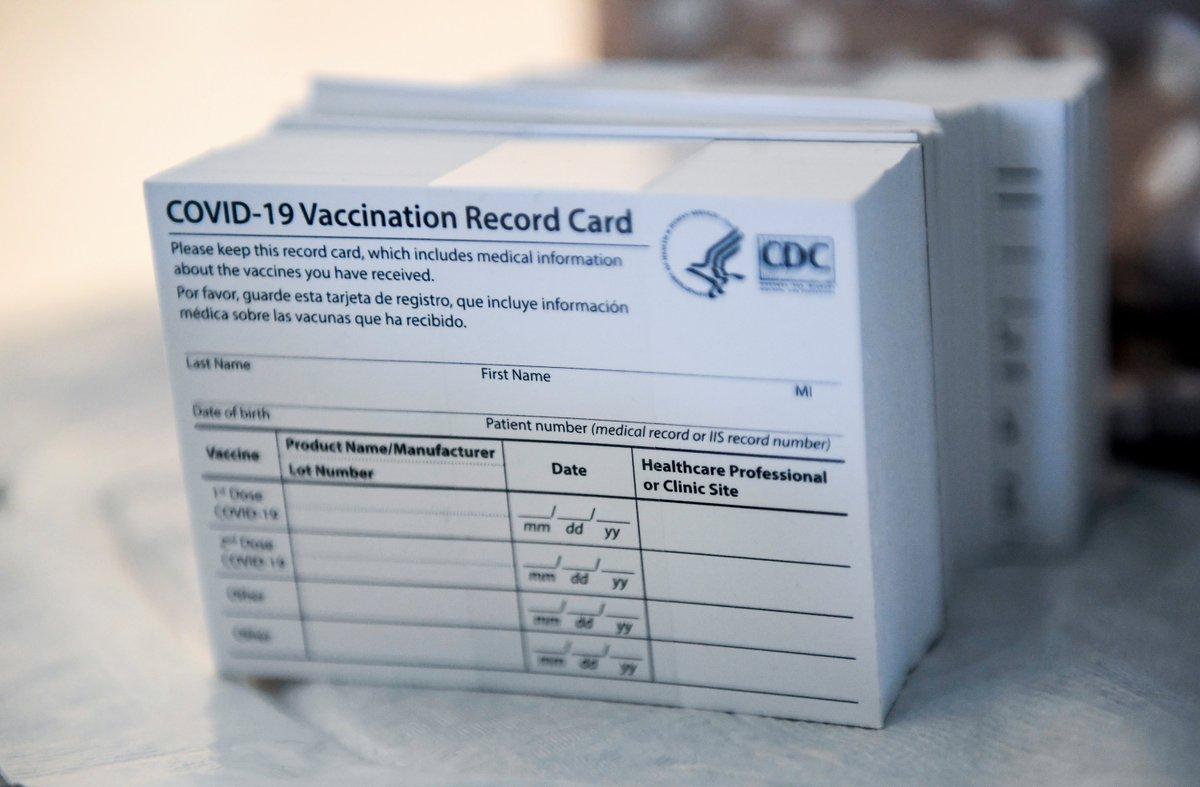
The Financial Reporting Council (FRC) has explained that Nigeria has not attained the point of a hyperinflationary economy.
The Council, in a press statement signed by its Executive Secretary/Chief Executive Officer, Rabiu Olowo, added that International Accounting Standards, IAS 29, is not necessary for 2024 financial statements preparation.
He noted that IAS 29 which borders on Financial Reporting in Hyperinflationary Economies should not be applied in the preparation of financial statements for the 2024 financial year.
According to Olowo, “Determining hyperinflation requires significant judgment and consideration of all relevant indicators. After a thorough analysis of the above indicators, the FRC concludes that Nigeria is not yet a hyperinflationary economy. Therefore, IAS 29 should not be applied in the preparation of financial statements for the 2024 financial year. The FRC will continue to monitor economic developments and update this position when necessary.”
He explained: “The FRC has extensively engaged various stakeholders such as the Professional Accounting Bodies in Nigeria, external auditors, government regulatory agencies, and significant public interest entities, where an objective evaluation of the five indicators of the economic environment of a country as stipulated in IAS 29: Financial Reporting in Hyperinflationary Economies were undertaken especially to determine the relevance and applicability of the standard in Nigeria in light of the inflationary trend in the country.”
The clarification comes on the heels of rising headline inflation in the country.
As of January 23, 2025, Nigeria’s inflation rate was put at 34.8 per cent by the National Bureau of Statistics (NBS).
However, the Central Bank of Nigeria (CBN) expects inflation to decrease as reforms take effect.
The FRC’s analysis of these indicators for Nigeria was that “The general population prefers to keep its wealth in non-monetary assets or in a relatively stable foreign currency. Amounts of local currency are immediately invested to maintain purchasing power:
“Data shows that Nigerians continue to transact in local currency and invest in Naira-denominated assets, indicating confidence in the local currency. There is no indication that the general population prefers to keep its wealth in non-monetary assets or in any other relatively stable foreign currency.
Data from the Central Bank of Nigeria (CBN) and the financial statements of Nigerian financial institutions continue to show that investment in monetary assets such as treasury bills, mutual funds, fixed and current deposits and other short-term monetary assets have been increasing over the last three years.





